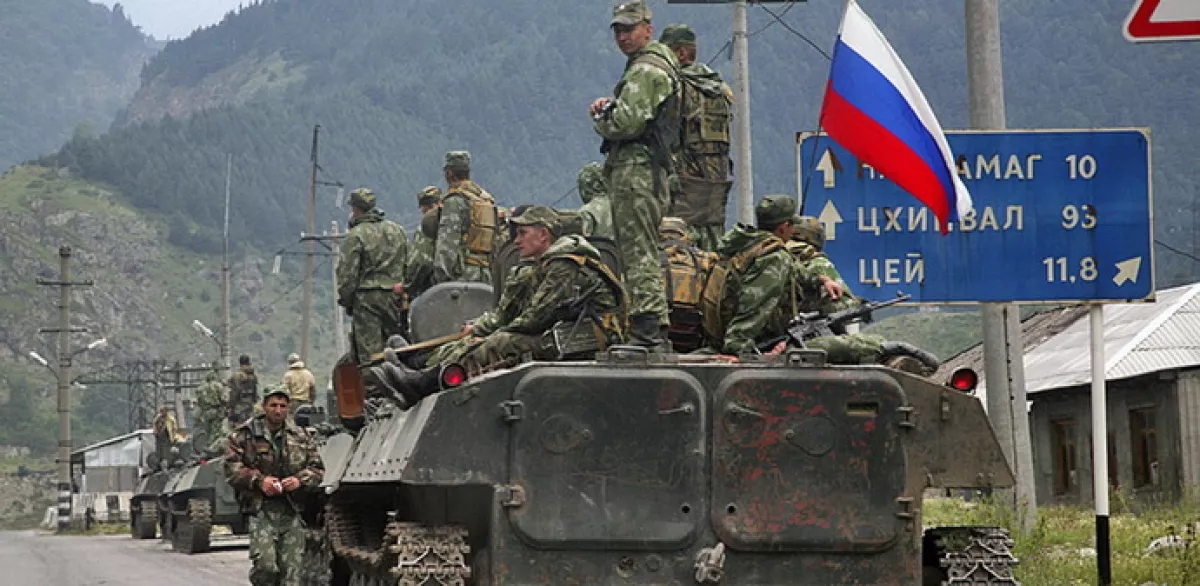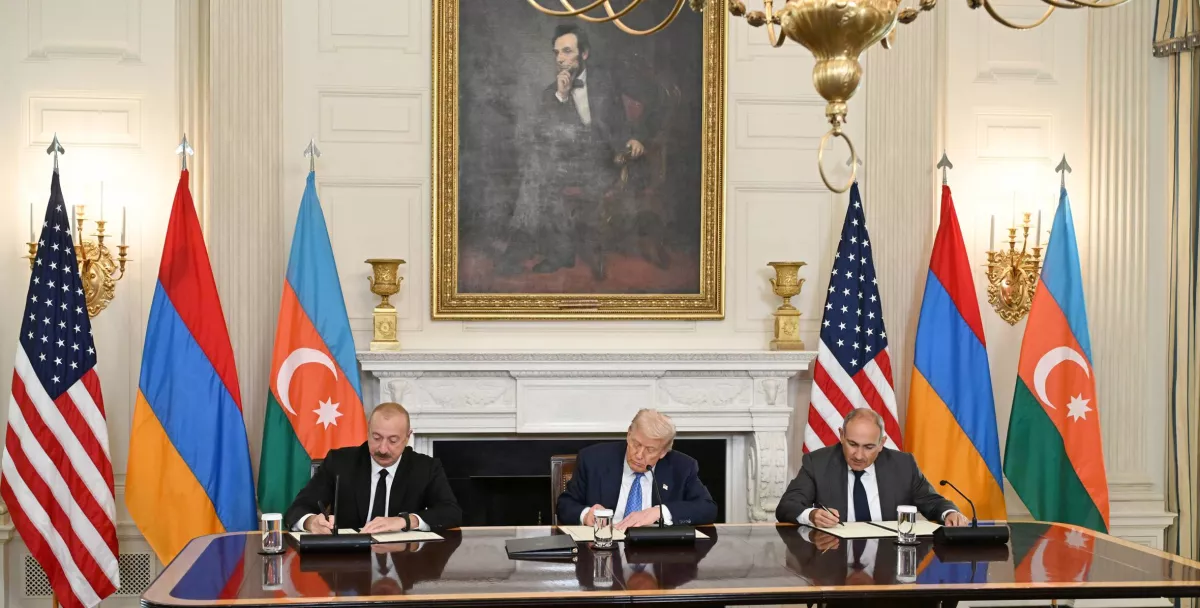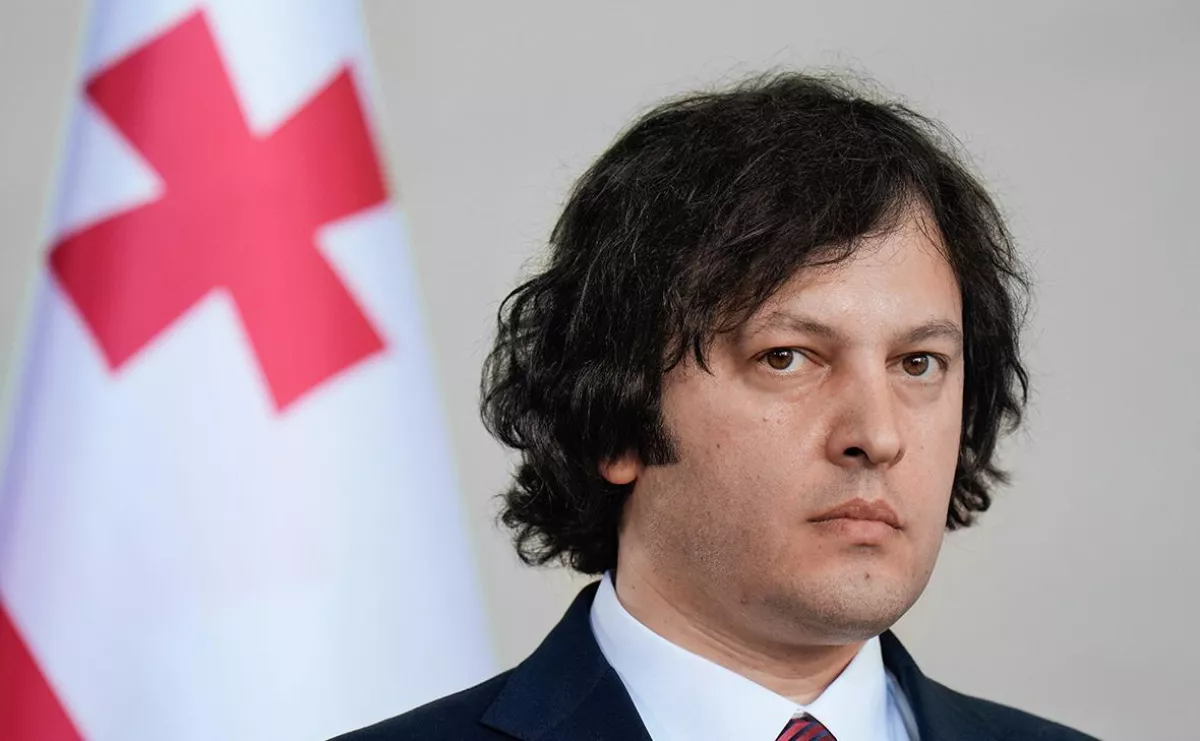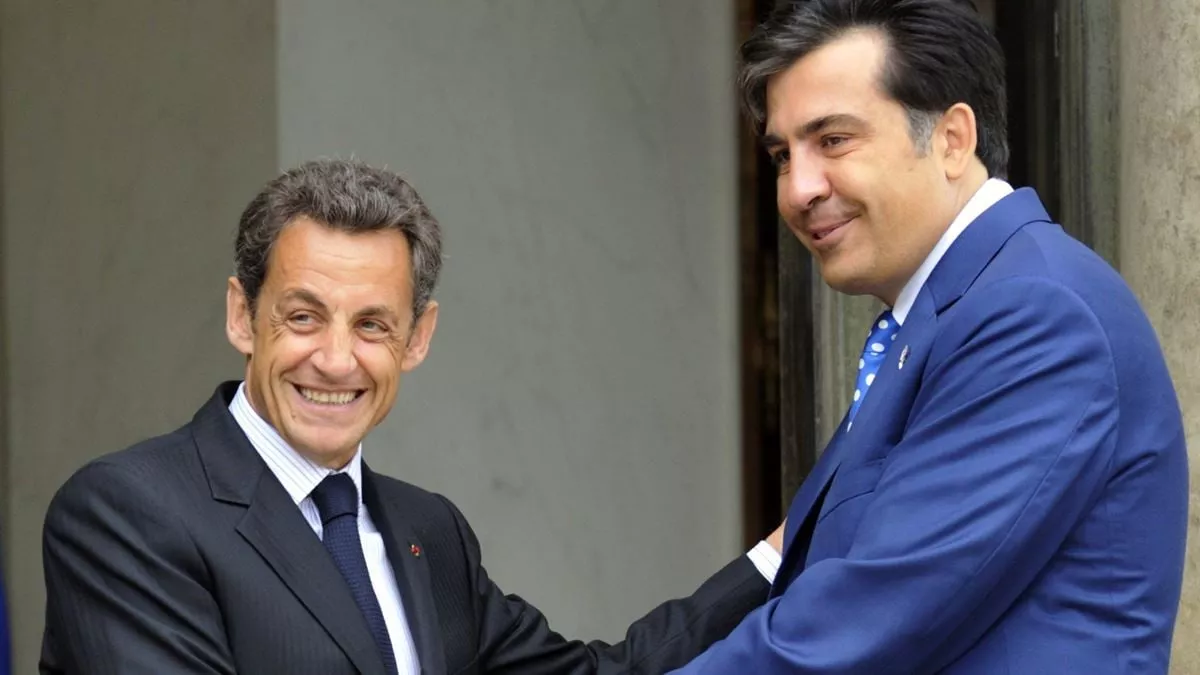Georgia 2008 and Russia 2025: parallels and consequences Seventeen years after the August war
On August 8, 2025, it marked 17 years since the start of the war between Russia and Georgia. This war resulted in the deaths of more than 400 people, the occupation by Russia of Georgia’s Abkhazia and the Tskhinvali region (the so-called "South Ossetia"), and Moscow’s recognition of their fake separatist "independence."

Looking back at those events from today’s perspective, it can be said that Russia’s “victory” over tiny Georgia was orchestrated with the tacit consent of the West. Georgia played the role of a kind of “bait” that allowed Russia to be caught on a “geopolitical hook.”
Subsequent military and political developments, driven by Moscow’s course in August 2008 to “redraw borders,” led to a sharp weakening of Russia as a global power.

It is very symbolic that on August 8, 2025, a joint declaration was signed in Washington between Azerbaijan and Armenia with the mediation of the United States, while Russia no longer participates in the peace settlement process. This is the most eloquent indicator of Moscow’s loss of geopolitical influence in the South Caucasus.
To a large extent, today’s “geopolitical trap” in which Russia finds itself, bogged down in the war in Ukraine, is a consequence of the policy of creating a kind of “ersatz empire” made up of separatist “scraps” of neighbouring states following the so-called “victory over Georgia” in August 2008. At that time, the West, sacrificing Georgia, made it clear that it would not object to Moscow’s “gathering of scraps of land.”
Not even six years later — after the Maidan in Kyiv, which took place with the full acquiescence of the US administration led by Barack Obama — Russia annexed Ukraine’s Crimea and sparked separatism in Ukraine’s Donbas region. Subsequently, the West did nothing to prevent Russia from preparing for war against Ukraine in 2022. Instead of a swift victory and easy annexation of new territories, this war turned into a bloody grinding conflict that severely drained Russia’s strength and undermined its geopolitical influence.
This raises the question: should the leadership of such a small country as Georgia have been sacrificed to the “multi-move” geopolitical games of external powers? And is it acceptable to “reuse” a country as expendable material, including opening the infamous “second front” to weaken Russia?
The answer is unequivocally no! A country must preserve its sovereignty and defend its national interests, a message clearly conveyed by Georgian Prime Minister Irakli Kobakhidze. In his view, Georgia’s sovereignty is “a protection against a repetition of the tragedy of August 2008,” and the tragic events of that war remind us that the country must be governed by authorities who do not heed external forces.

“This day reminds us that the country must be governed by a sovereign authority — one that acts in its own national interests, not under the dictates of external forces. We will fully defend the independence of our country to prevent such crimes from recurring and to ensure that peace and our national interests are protected,” Kobakhidze said at an event commemorating the victims of the 2008 war.
On the 17th anniversary of the Russia-Georgia war, Irakli Kobakhidze also directly held former President Mikheil Saakashvili and his government, which was in power in 2008, responsible for the outbreak of the August war.
It is worth recalling that in 2008 Mikheil Saakashvili’s popularity sharply declined among Georgian society, and he barely won the presidential election that spring. According to Irakli Kobakhidze, Saakashvili then stayed in power through election fraud and pursued a course toward war without calculating the geopolitical consequences.
“The bloody Saakashvili regime unleashed the war. Saakashvili remained in power through election fraud, and his undemocratic, bloody regime started the August war. The Saakashvili regime itself signed a Council of Europe resolution clearly stating that large-scale military actions began with the bombing of Tskhinvali by Saakashvili’s regime. On August 8, throughout the entire day, Saakashvili and representatives of his bloody regime declared their offensive intentions and the aim to restore constitutional order. Until Medvedev announced the start of the operation, Saakashvili insisted on his plan to retake Tskhinvali through offensive actions. The Saakashvili regime never represented Georgia. After 2008, it no longer represented Georgia as it established a bloody dictatorship and maintained power fraudulently. This was a catastrophic adventure, a betrayal committed by the Saakashvili regime at the time. It was a betrayal orchestrated by the ‘deep state.’ Every soldier is a hero, unlike your cowardly leader, Mikheil Saakashvili,” declared Irakli Kobakhidze.
Undoubtedly, today the pro-Western opposition justifies Mikheil Saakashvili by claiming that he sought to restore Georgia’s territorial integrity and constitutional order in the Tskhinvali region by military means, and that Russia initially supported the separatists and pursued a course of territorial conquest. However, this was obvious to everyone even back then. Just as Moscow’s long-standing support for separatism in other territories, including the Armenian occupation regime in Azerbaijani Karabakh, was also evident.
Formally, Azerbaijan always had the legitimate right to restore the country’s territorial integrity by force. But the de-occupation of Karabakh took place only when the geopolitical conditions were favourable. Azerbaijan managed to restore its territorial integrity without dragging the country into a war against a clearly stronger opponent.
The course taken by the Georgian leadership in 2008 towards confrontation with Russia, combined with an excessive reliance on the West and NATO—while membership in the Alliance was only vaguely “promised sometime in the future”—was politically unjustified at the time. The attempt to restore territorial integrity by force, with a military capacity incomparable to Russia’s and a complete lack of allies, ultimately led Georgia to the military disaster of August 2008.

In 2008, the West did nothing to help Georgia beyond meaningless verbal statements, while French President Nicolas Sarkozy, visiting the country as a “mediator” and “peacekeeper,” demanded that the Georgian authorities abandon their territories — Abkhazia and the Tskhinvali region.
The peace agreement concluded in August 2008 under the “mediation” of Sarkozy did not lead to the withdrawal of Russian troops from Georgian territory and to this day has never been effectively implemented.
Meanwhile, Georgia faces a new threat as “foreign agents” who obey external forces and have already sacrificed hundreds of Georgian lives and territories to foreign geopolitical games seek to return to power.
According to former Prime Minister Irakli Garibashvili, Georgia was again being drawn into a war against Russia, fully aware that the Georgian army would not hold out for more than three or four days. After the authorities refused to embark on such an adventure, a “Maidan” and “color revolution” scenario was launched. Symbolically, the attempts at a coup in 2024 and early 2025 were effectively led by a “former” French citizen and French Foreign Ministry official, ex-president Salome Zourabichvili.
In the near future, the pro-Western opposition intends to make another attempt to seize power, timing it to the local elections scheduled for October 4, 2025.
By Vladimir Tskhvediani, Georgia, exclusively for Caliber.Az








